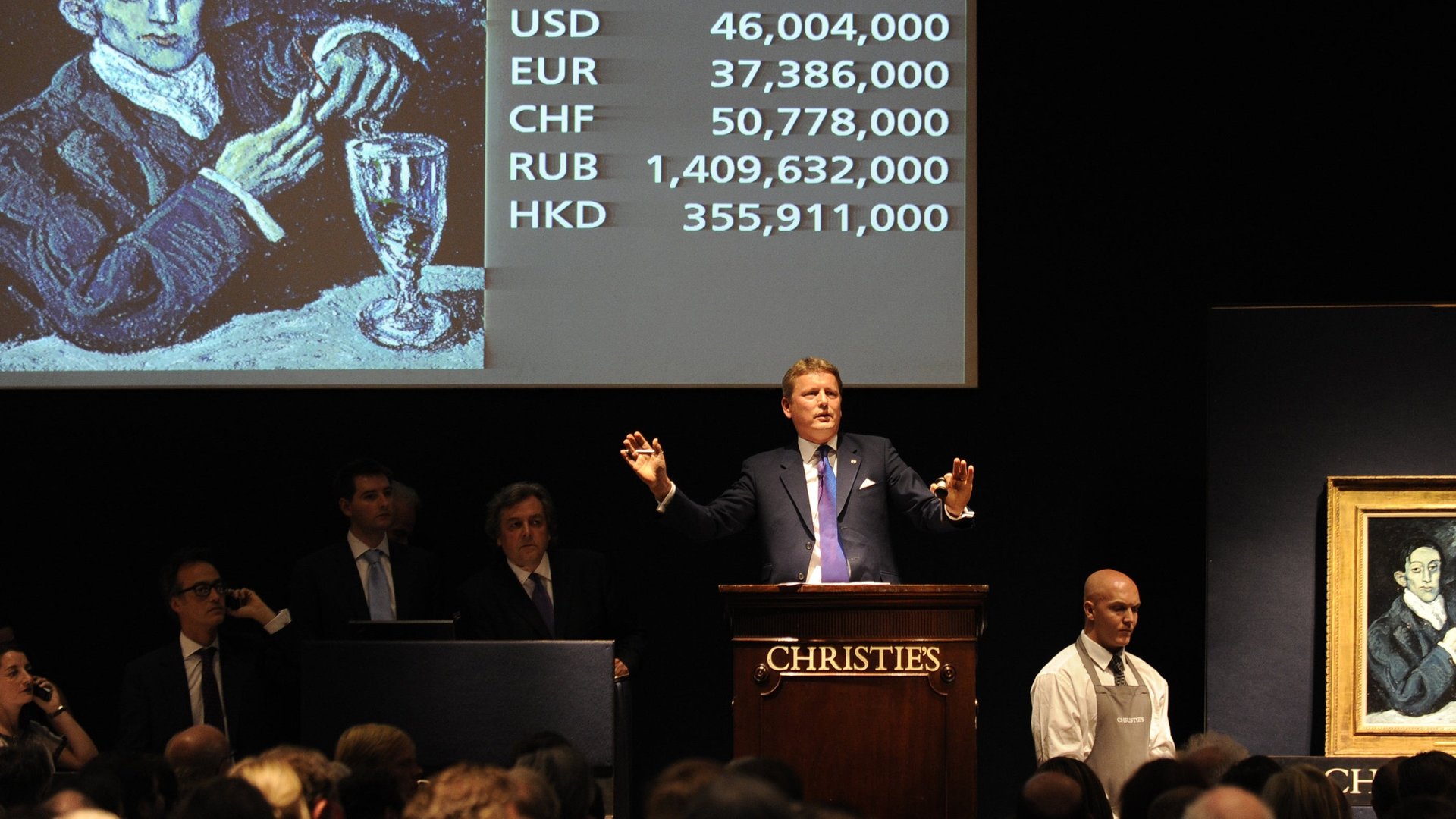The world’s super-rich are seeking second citizenship in these eight countries
The world’s wealthy and super-rich are increasingly on the hunt for second passports as they seek to protect their wealth, optimize their children’s education and move to countries with open border policies and greater economic and political stability.


The world’s wealthy and super-rich are increasingly on the hunt for second passports as they seek to protect their wealth, optimize their children’s education and move to countries with open border policies and greater economic and political stability.
A report from New World Wealth reveals the top eight countries that have become popular second citizenship destinations for 264 000 of the world’s millionaires from 2000-2014. Millionaires–also referred to as “high net worth individuals” (HNWIs)–are individuals with net assets of $1 million, excluding their primary residences.
The United Kingdom is the most popular choice for millionaires seeking a second home country. The UK has the third highest number of millionaires in the world behind the US and Japan.
The report notes how the UK–which accommodates a large number of millionaires from Russia, China, India, as well as the Middle East and Africa–is a popular destination due to the convenience of travel within the European Union, ease of buying property and moving money, the quality of schools and universities in the country.
The UK is most popular amongst Russia’s super-rich. The London-based property consultancy, Knight Frank, estimates in the first half of 2014, 20% of London homes valued up to $15 million were purchased by Russians. As the Financial Times reported, a record number of rich Russians left the country by the end of last year, amidst the country’s worsening economic climate and growing global isolation.
China–which has had a net outflow of 91 000 millionaires over the past 14 years–leads the pack of the top 8 countries with the most outflows of millionaires, with many of its millionaires favoring the United States, Hong Kong, Singapore, and the UK as second home countries.
Four out of five BRICS countries: China, India, Russia, South Africa–feature in the top 8 list of the countries with the most outflows of millionaires.
Most countries with large outflows of millionaires have stringent tax regimes, prompting the super-rich to move to countries that are more favourable for their wealth.
In South Africa, exchange control legislation has been under the spotlight after South African-born multimillionaire, Mark Shuttleworth, lost a landmark constitutional court case on exorbitant exchange controls in May this year.
Shuttleworth–who challenged the South African Reserve Bank for charging him an exit levy of $25 million when he moved from South Africa to the Isle of Man in 2008–argued that exorbitant exchange controls drive up the cost of cross-border business, and left entrepreneurs wishing to open global operations–like him–with no option but to emigrate.